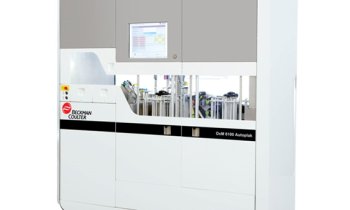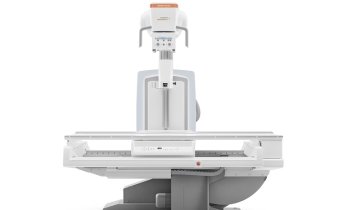Prion filter for red cells
Scientists at biopharm firm Pathogen Removal and Diagnostic Technologies Inc* (PRDT) recently confirmed their identification of lead ligands capable of specifically targeting certain 'challenging' viruses.
PRDT has also reported that its prion removal ligands - successful in recent preliminary studies - are the only products that specifically address the selective adsorption of infectious prion proteins.
Now, with the American Red Cross, PRDT has announced a strategic alliance with MacoPharma, which distributes blood collection bag sets, to market and further develop products for the selective adsorption of prions and viruses from blood and blood-derived products. PRDT said this product line extension might ultimately target viruses by on-site filtration of donor blood supplies in blood transfusion centres, to reduce potential transmission risk of various viruses, e.g. West Nile virus and Hepatitis C (flavivirus and parvovirus families).
Over 40 million blood units are collected annually, so such filters would find a significant market. The American Red Cross alone collects over six million units a year, to supply around 3,000 hospitals across the States, via its 36 Blood Services regions.
The European launch of first commercially available prion filter for red blood cells is expected next year.
* PRDT is a joint venture of Canada-based ProMetic Life Sciences Inc.
01.07.2004










